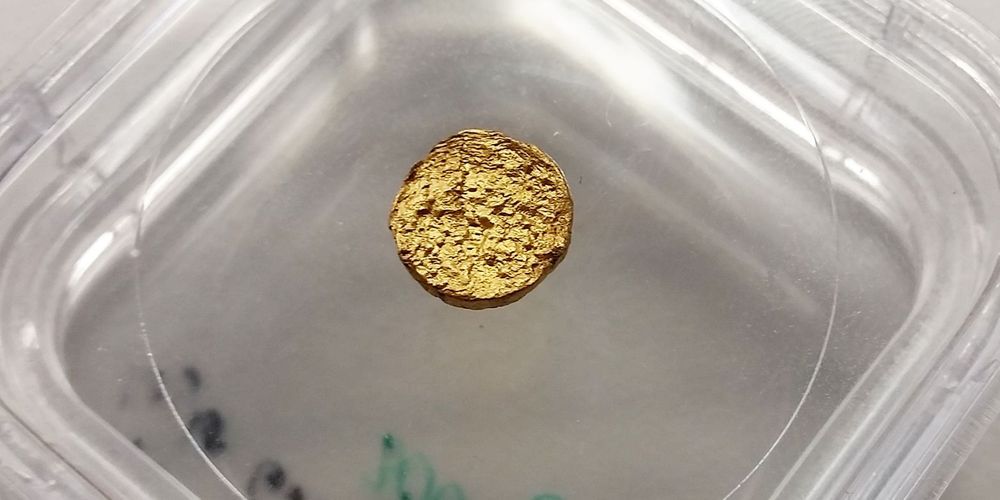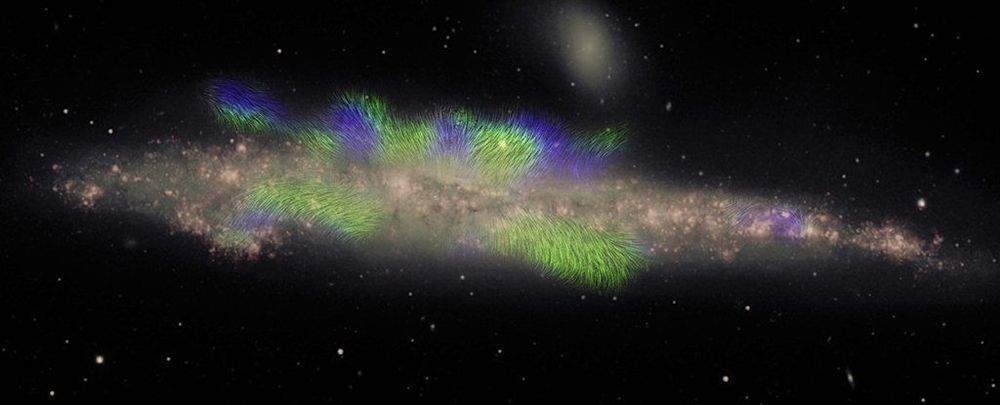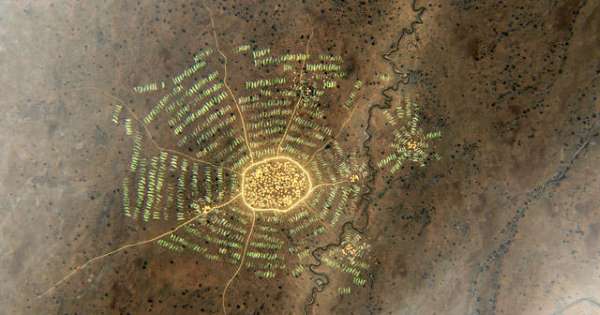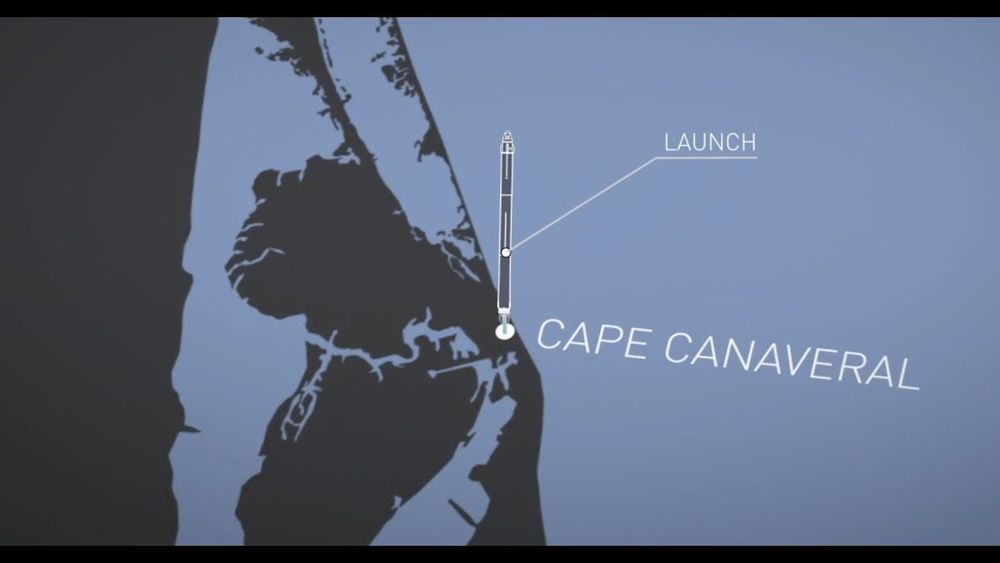ETH researchers have created an incredibly lightweight 18-carat gold, using a matrix of plastic in place of metallic alloy elements.
Page 8039
Jan 13, 2020
Breathtaking Image Shows Powerful Magnetic ‘Ropes’ Surrounding The Whale Galaxy
Posted by Saúl Morales Rodriguéz in category: space
Sometimes you just have to stand back in awe at the beauty of the Universe – and that’s absolutely the case with this image from the National Radio Astronomy Observatory (NRAO), which captures the side view of a spiral galaxy know as the Whale Galaxy.
But if you look closer, the stunning picture also shows something else: the magnetic ‘ropes’ around the edges of the galaxy’s disc.
These filaments, like cosmic strands of hair, show the galaxy’s magnetic field extending into its halo.
Jan 13, 2020
World’s first city discovered by U.S. spy satellite
Posted by Genevieve Klien in category: futurism
Old U.S. spy satellite images of the Middle East have unearthed a stunning discovery: the world’s first city, Tell Brak – 4,000 years older than the Great Pyramids. From the Series: The Life of Earth: The Age of Humans http://bit.ly/32oNmi8
Jan 13, 2020
Crew Dragon faces its last big test before human spaceflight on Saturday
Posted by Genevieve Klien in category: space travel
Jan 13, 2020
Samsung’s Galaxy S20 Ultra might have more RAM than your PC
Posted by Genevieve Klien in category: mobile phones
Samsung’s Galaxy S20 Ultra might have over-the-top specs with 16GB of RAM and a ridiculous variety of cameras.
Jan 13, 2020
Mars’ Poles Remain Key To Understanding Its Climate, Says Planetary Scientist
Posted by Bruce Dorminey in categories: climatology, space
Real Mars research at the end of the world.
The end of the world serves as host to an international group of researchers trying to understand Mars’ Poles.
Jan 13, 2020
Blood Test to Diagnose Brain Cancer in Development
Posted by Omuterema Akhahenda in categories: biotech/medical, robotics/AI
Brain cancer remains challenging to diagnose, due to nonspecific symptoms and a lack of cost-effective tests. A new blood test that uses attenuated total reflection (ATR)-Fourier transform infrared (FTIR) spectroscopy in conjunction with machine learning technology, may help advance the detection of brain cancer.
The patented technology, developed by a team at the University of Strathclyde, uses infrared light to produce a “bio-signature” of a blood sample and applies artificial intelligence to check for the signs of cancer.
The research is published in Nature Communications in a paper titled, “Development of high-throughput ATR-FTIR technology for rapid triage of brain cancer.”
Jan 13, 2020
Fly me to the moon: Japanese billionaire Maezawa seeks girlfriend for SpaceX voyage
Posted by Michael Lance in categories: education, space travel
Japanese billionaire Yusaku Maezawa’s search for a girlfriend to join him on a voyage around the moon will be the subject of a new documentary program, in the latest attention-grabbing stunt by the entrepreneur.
44-year-old Maezawa, who sold his online fashion retailer Zozo Inc to SoftBank Group Corp, is seeking single females aged over 20 for the show, which will be shown on streaming service AbemaTV.
Jan 13, 2020
Tiny Electric Thrusters from Phase Four, Accion Could Go Interplanetary
Posted by Quinn Sena in category: space travel
Circa 2019
Electric thrusters for spacecraft are increasingly shrinking, and could prove key for new space missions. And, according to two novel space tech companies, Phase Four and Accion Systems, they might even go interplanetary.
Conventional rockets that rely on chemical reactions “are a great way to generate a lot of thrust, but they are very inefficient when it comes to generating thrust given the amount of propellant they carry,” Simon Halpern, founder and CEO of space propulsion company Phase Four in El Segundo, California, told Space.com. “That’s why launching even a small satellite requires a gigantic multistory rocket.”
Continue reading “Tiny Electric Thrusters from Phase Four, Accion Could Go Interplanetary” »


















